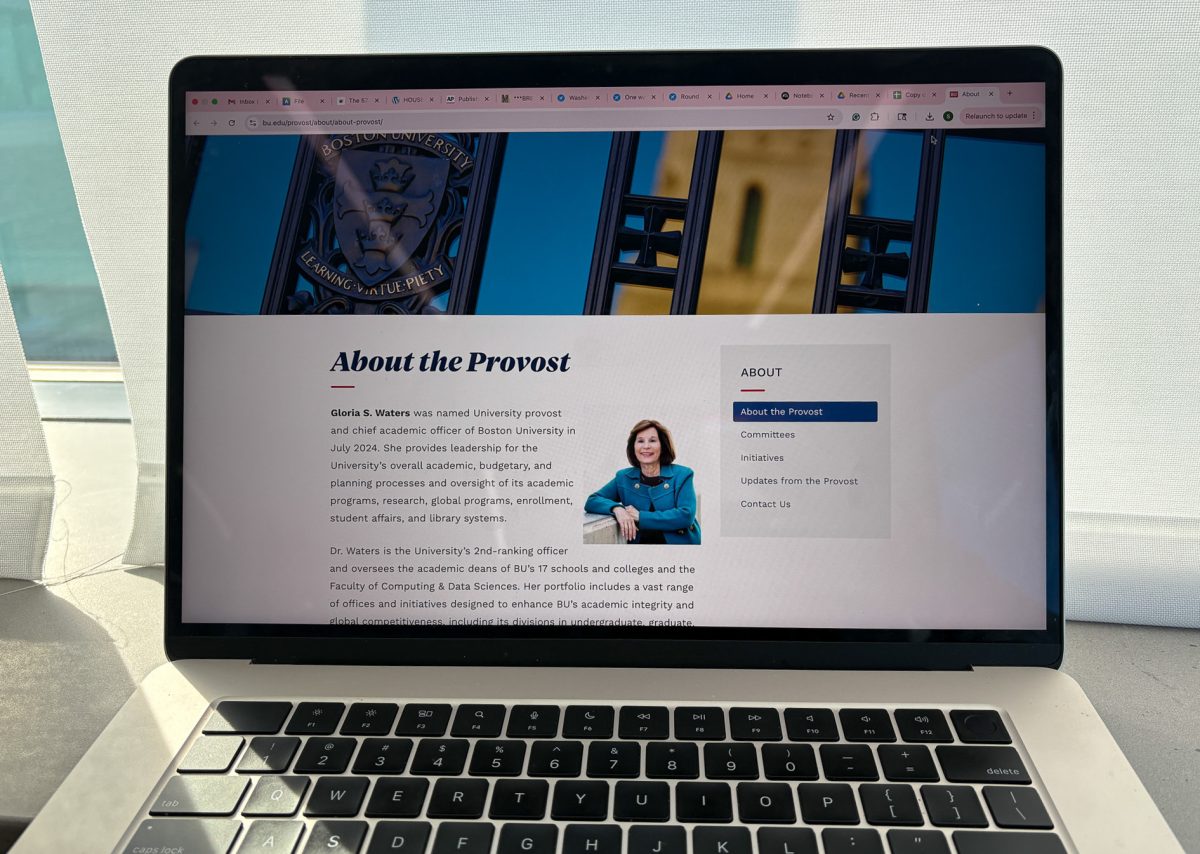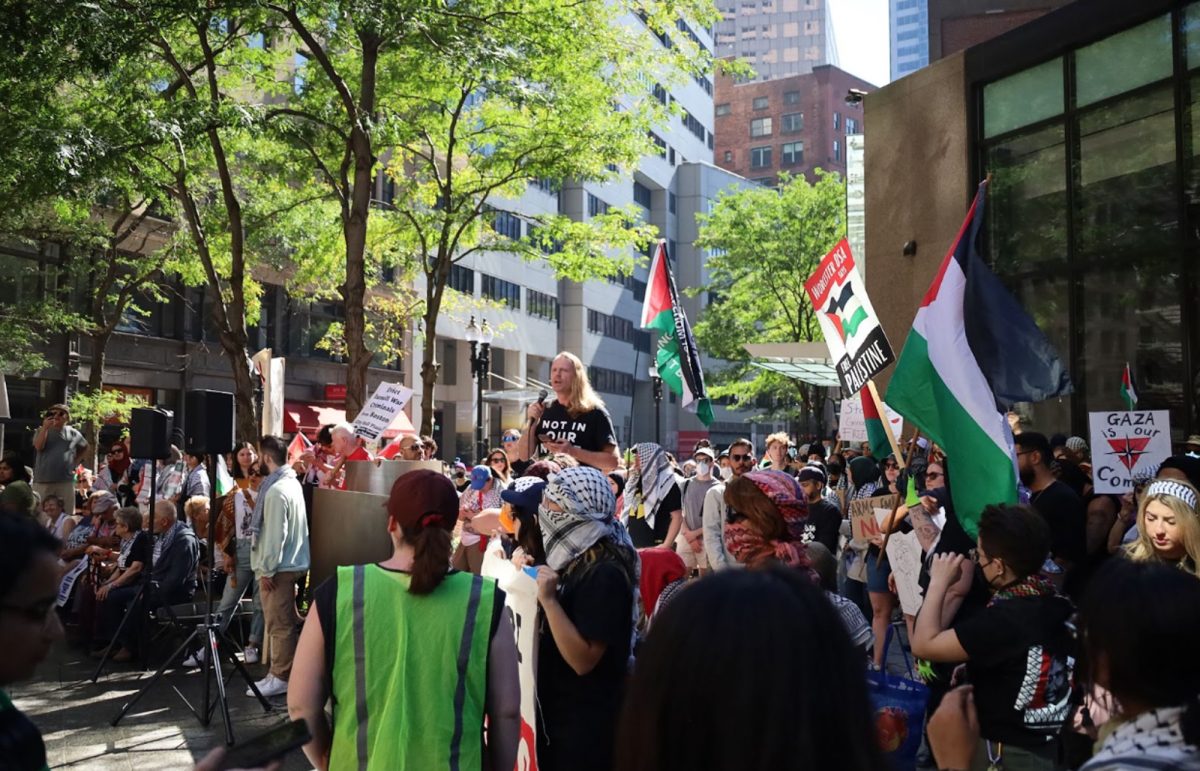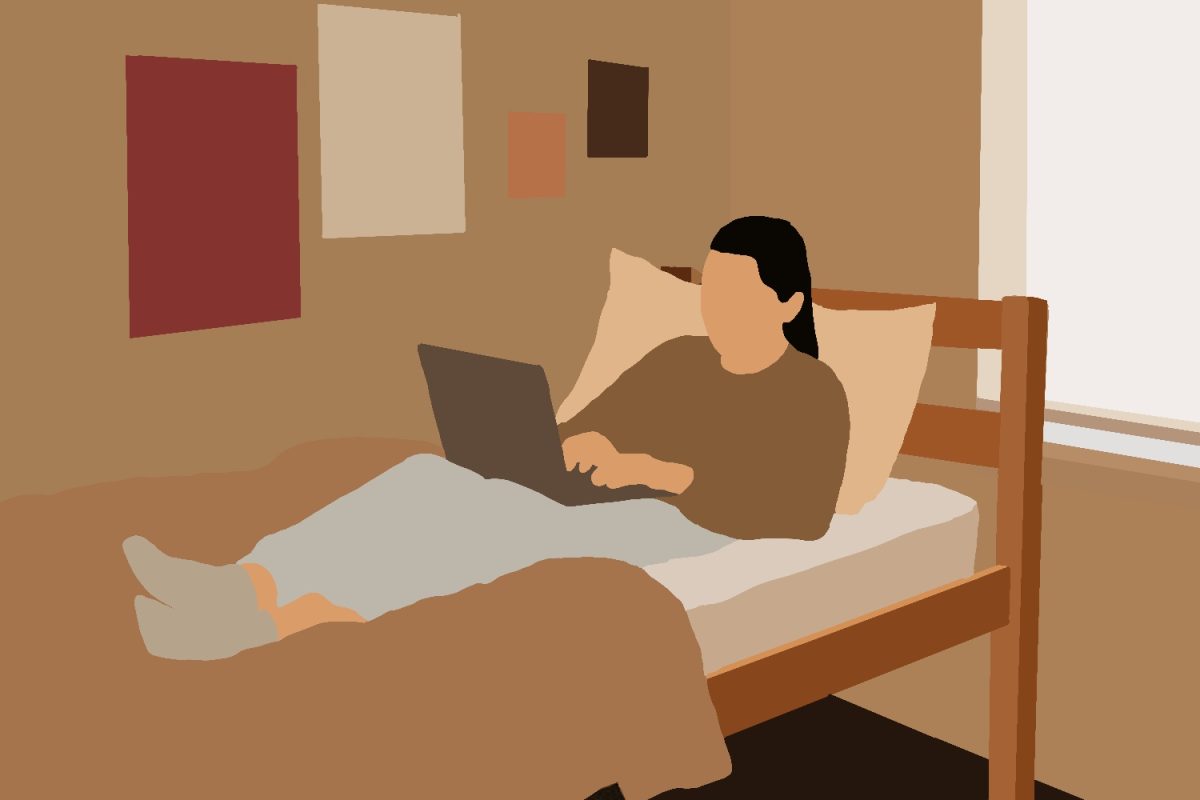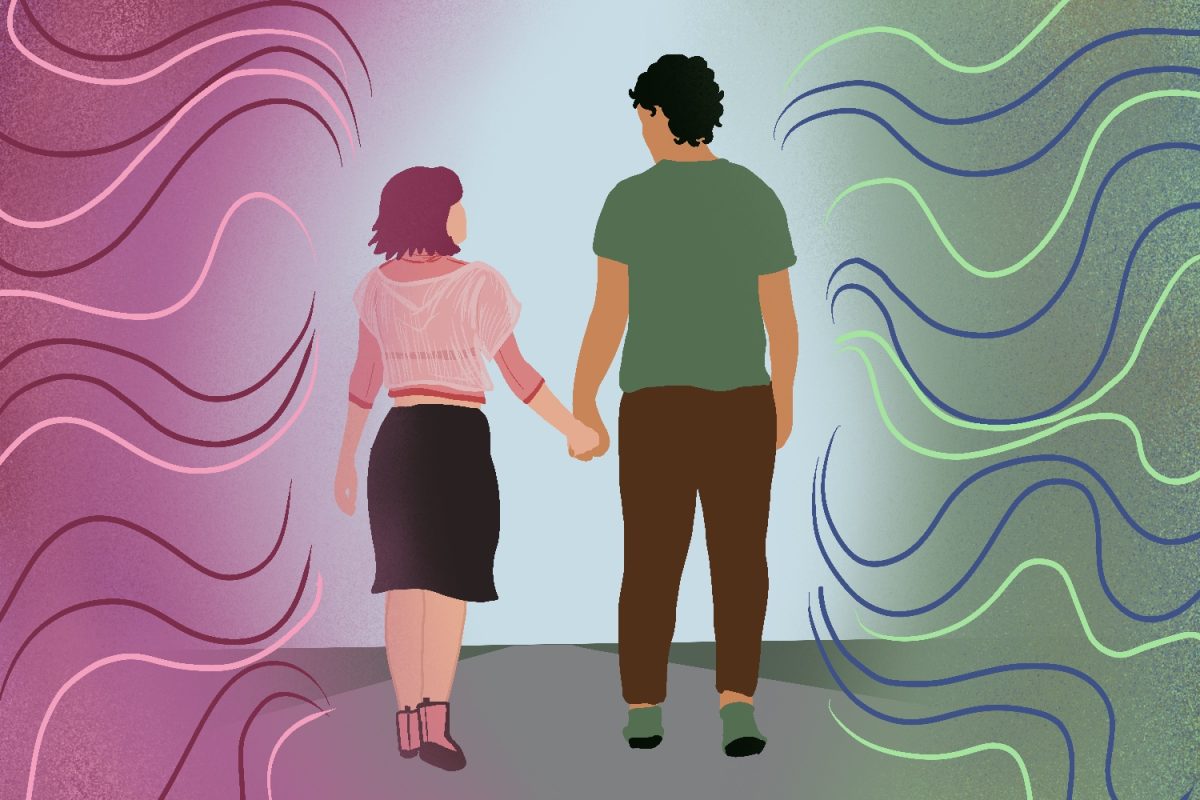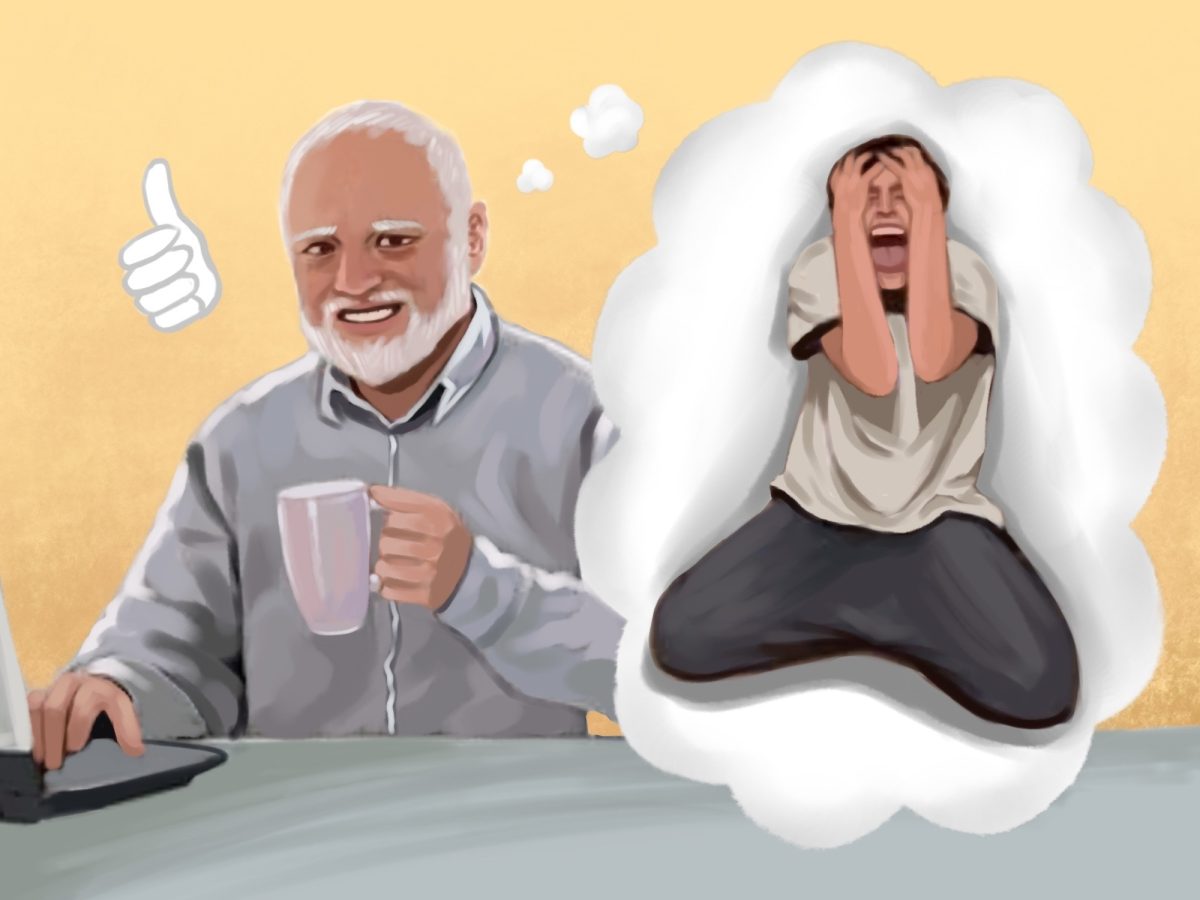As recent political controversies send shockwaves through the nation, with Republicans and Democrats alike calling for crackdowns on gun violence, and conservatives flocking to memorial services for Charlie Kirk’s death, Boston University’s Fizz and Yik Yak communities are as active as ever.
Created by college students for college students, Fizz and Yik Yak have ditched typical social media handles for one defining feature: anonymity.
“People feel more able to express their genuine political beliefs, and it becomes ever more polarized within those comments,” said E, a freshman who requested to stay anonymous out of concern for her digital footprint in the professional sphere.
Though these platforms aren’t affiliated with educational institutions, users are required to verify enrollment with their college email address, connecting them to peers while keeping their identities hidden.
On both Fizz and Yik Yak, posts are capped at 200 characters, with the option to add an image or poll. Users can upvote, downvote, comment and respond — all while eliminating digital footprint.
The effects of anonymity are evident in how students engage online. On most platforms, only 1% of users post, whereas on Fizz, 30% of weekly active users create content, according to Forbes.
Sophomore, Caleb Stevens, a user on Fizz and Yik Yak, said anonymity gives him confidence to share his political beliefs.
“I wouldn’t [post] if it wasn’t anonymous because I wouldn’t want to get canceled for my political views,” he said.
Students on campus have expressed divided views about the value of anonymity on social media platforms, especially when it comes to political expression.
In a recent survey ranking free speech on college campuses published by the Foundation for Individual Rights and Expression, BU received an “F” — a grade that, for some students, reflects a tense political climate.
After transferring from his former university, junior Antonio Ometeotl deleted Yik Yak due to the platform’s “toxic culture.”
“It incentivizes things that we wouldn’t have the heart to say or to do had our names actually been attached to those words,” he said. “It gives people too much power to divide others.”
He added the polarization of anonymous apps may be less about the platforms themselves and more about the broader social environment.
“[Political content] is a byproduct of what [is] going on politically and culturally at the time, rather than the platform itself,” Ometeotl said.
Some students said anonymous forums aren’t the place for political discourse.
Sophomore and Yik Yak user, Ela Goktug said if someone is truly passionate about politics, they should publicly stand behind their beliefs.
“An anonymous site is not somewhere where people should be discussing politics if they truly have strong feelings about what they’re debating,” she said.
The comment sections of Fizz and Yik Yak have long been battlegrounds for clashing political opinions.
In the weeks leading up to the 2024 presidential election, an anonymous user commented, “trumpies r dumb,” which received 202 upvotes. One user responded by commenting, “Deport the illegals,” inciting replies ranging from “They are individuals with livelihood and families and dreams,” to “They can do all that once they get in legally, this isn’t their playground.”
Freshman and Yik Yak user Mojo Woodman said the element of anonymity often encourages misinformation.
“I do think there is a lot of misinformation and propaganda and fear mongering going on on platforms like that, because no one can get caught for saying what they say,” she said.
Still, she said political discourse and varying perspectives should be encouraged.
“There is a lot of benefit in allowing people to have conversations in spaces where they don’t feel like there is going to be backlash or controversy,” Woodman said.
According to Yik Yak’s community guardrails, the platform prohibits “content that perpetuates the oppression of marginalized communities by promoting discrimination against (or hatred toward) certain groups of people.” Fizz similarly enforces a prohibition of “any form of hate speech.”
“I think there’s a space for it to be political, but there should not be serious political conversations on Yik Yak and Fizz. The extent of it should be silly,” E said.
E’s political posts take on a lighter, comedic tone. Last month, her post received nearly 2,000 upvotes on Fizz and read, “bu republicans is an oxymoron.”
“I don’t think it was meant to ever get political, but in wake of Charlie Kirk’s death and all of the stuff going on in the political sphere, I think that’s just kind of how the cookie is crumbling,” E said. “Make Yik Yak silly again. Make Fizz silly again. That’s my platform.”





